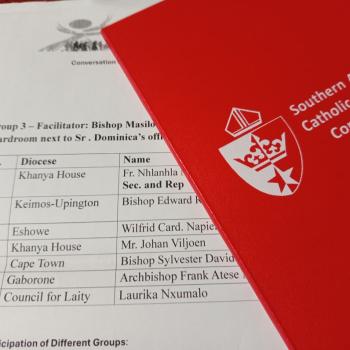Saint Francis of Assisi whose feast day is 4 October, was born in 1181 – he is one of the most popular and enduring characters in Christian history, known for his unwavering devotion to God and great love for creation. His life is a timeless example of humility, simplicity, and compassion for all living things. Though St. Francis lived before present scientific understanding of environmental deterioration and global warming (climate change), his spiritual legacy is relevant to today’s ecological catastrophe. As the world faces enormous environmental concerns, St. Francis offers a perspective through which people of all religions might view global warming as a moral and spiritual matter.

The Canticle of Creation: Being One With Nature
The “Canticle of the Creatures” sometimes referred to as the “Canticle of Brother Sun,” is among the most well-known examples of St. Francis’ interaction with nature. St. Francis honors the interdependence of all things in creation in this lyrical prayer, calling water, fire, wind, the moon, the sun, and earth his brothers and sisters. This family-oriented view of creation demonstrates a deep regard for the natural world and an understanding that people are not an isolated species but rather a component of it.

In today’s world, global warming imbalances the balance of nature. Human actions, particularly the use of fossil fuels and deforestation, have pushed the natural world off balance. Climate change has resulted in rising temperatures, melting glaciers, more frequent natural disasters, and biodiversity loss. If St. Francis were living today, he may regard global warming as a spiritual catastrophe rather than an environmental issue—a failure to realize the sacredness of creation and our responsibility to protect it.
A Simple Life
St. Francis’ life was characterized by a fundamental commitment to simplicity and poverty. He gave up material wealth and chose a life of humility, viewing everything as a gift from God. This mindset of simplicity can be a potent alternative to materialism and overconsumption, both of which contribute to climate change. The excess culture that pushes unsustainable practices such as over reliance on fossil fuels, deforestation, and industrial agriculture is completely opposed to the Franciscan ideal of living lightly on the world.

In order to combat global warming, people and communities are urged to live more sustainably—using less resources, cutting back on waste, and switching to renewable energy sources. In this way we are inspired by St. Francis to reconsider our relationship with material possessions and to live in a way that honors the planet’s limited resources. We can lessen the effects of global warming and work toward a more equitable and sustainable society by embracing simplicity.
A Call to Solidarity with the Poor
Another significant part of St. Francis’ legacy that has relevance in the context of global warming is his love for the underprivileged and marginalized. Global warming mostly impacts the most vulnerable people on the planet—those who bear the least responsibility for the issue but experience its most severe effects. Millions of people’s livelihoods are under danger due to rising sea levels, extreme weather, and food and water scarcity, especially in developing nations.

Pope Francis, who took his name from the St. Francis, echoes this issue in his 2015 encyclical Laudato Si’, which is heavily based on the saint’s example. The encyclical underlines the link between environmental stewardship and poverty alleviation. Climate justice doesn’t just necessitate lowering greenhouse gas emissions, it also addresses the disparities that render certain communities more vulnerable to the effects of global warming.
Spiritual Response to Global Warming
St. Francis’ strong appreciation for creation stemmed from his love for God. He saw environmental protection as an act of religion rather than an obligation. In today’s world, where the repercussions of global warming are becoming more obvious, his faith provides a way to ecological conversion—a heart and mind transformation that acknowledges the intrinsic value of all creation and our moral commitment to defend it.

This ecological conversion entails more than just implementing new technologies and modifying consumer behaviors. It involves a paradigm shift in which the natural world is viewed as a mirror of God’s goodness and beauty. We can instill a greater sense of wonder and thankfulness for creation, inspiring a stronger commitment to environmental stewardship. As nations grapples with the pressing issue of global warming, St. Francis of Assisi serves as a timeless counsel. His life and teachings provide a spiritual framework for dealing with the environmental crisis—one that values guardianship, simplicity, and solidarity with the poor. His example serves as a reminder that caring for the environment is not only a practical requirement but also a moral and spiritual responsibility.













